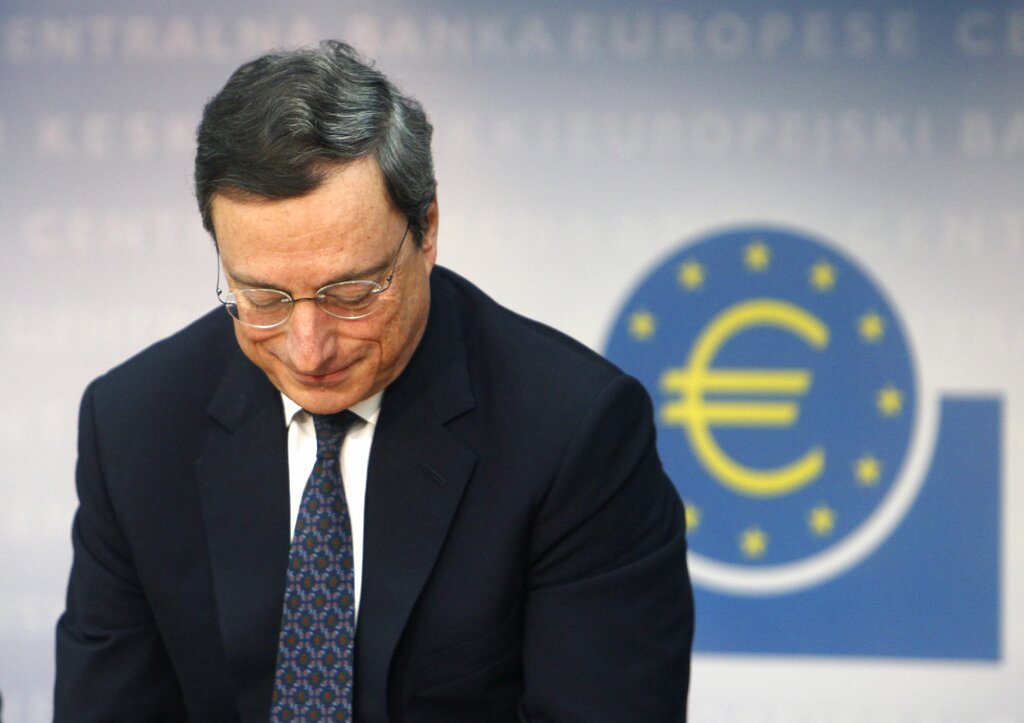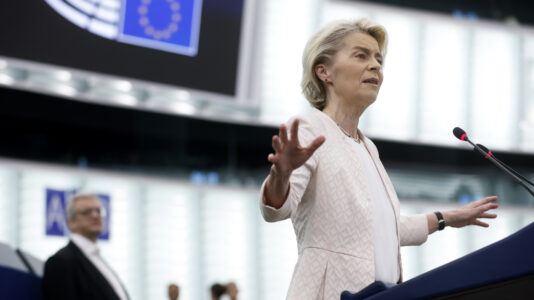Almost before Mario Draghi had finished presenting his report on his plan to revive European competitiveness, Germany reacted immediately and with a sharp jab. The ambitious study, which the former president of the European Central Bank spent a year working on at the request of Ursula von der Leyen, proposes pumping €800 billion a year into the European economy to give it a chance to compete with the U.S. and China.
Draghi argued that the amortization of European competitiveness has reached a level that can only be tackled by immediate and drastic solutions, and that the delay in seeking consensus among member states is pushing the EU economy closer to the brink of the grave every day.
The main line of questioning was always: Where would the EU find the money to invest a massive 5 percent of its GDP in a rescue plan? Draghi had nothing new to offer. Instead, he proposed, much like all the economic or defense proposals of recent years, that this one is based on borrowing from the member states together. In other words, joint debt.
The ECB’s ex-president is proposing a solution to financing competitiveness that is exactly the same as every “rescue” package Brussels has proposed and one that the fiscally hard-headed member states have, according to Draghi, repeatedly and stubbornly resisted.
Germany’s immediate response was of course a firm no. Shortly after Draghi’s speech, German Finance Minister Christian Lindner announced that the plan would not solve fundamental structural problems.
“I am extremely skeptical about Mr. Draghi’s idea of common debt. In a nutshell: Germany will have to pay more for others. This cannot be the master plan,” he said, effectively killing its main criterion on the day the report was published.
The dramatic economic downturn of recent years and the ever-looming prospect of recession have pushed Germany into the ranks of member states that increasingly see the development of national economies as a welcome solution rather than the imposition of EU centralization.
Moreover, the political situation is posing huge problems for the government in Germany, alongside the declining weight of France, an economic powerhouse that has entered a quasi-governance crisis.






